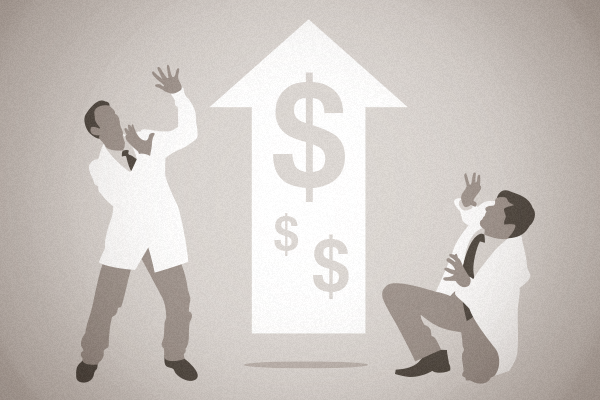According to 1,067 medical practice executives, the most difficult daily challenge of running a medical office is dealing with rising operating costs. So says finding from a survey conducted by the MGMA-ACMPE (formerly the Medical Group Management Association-American College of Medical Practice Executives).
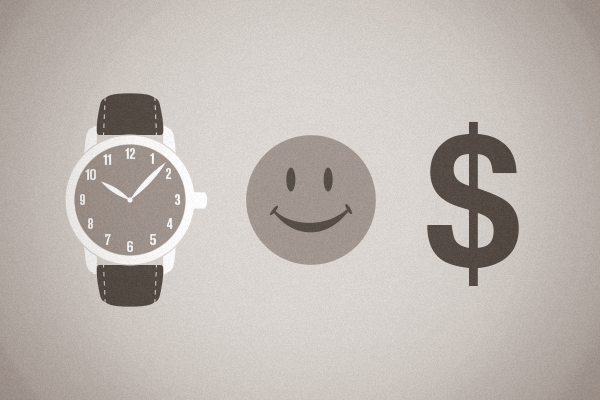
Why Are Doctors Driven To Direct Care
Another spot-on direct care blog post is making the rounds online. This one from The American Association Of Retired Persons (AARP). It tells the same story of doctors flocking from the broken system and taking refuge in our model. They also mention three reasons drawing doctors into the field.
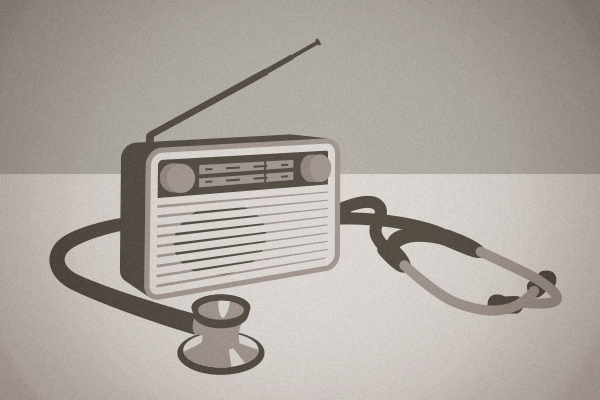
Concierge Medicine Today and The Direct Care Journal to Launch New Radio Station Network This Fall
Concierge Medicine Today (CMT) and The Direct Primary Care Journal (DCJ), an affiliated multi-media news and information resource, announced they will launch their content over Internet-radio this fall. The programming will focus on our rapidly expanding healthcare model, offering education, insight and information. Listeners can follow breaking news, get the opinions of people empowering direct care and hear expert commentary from special guests (maybe Josh and Doug will be invited in for a taping?).
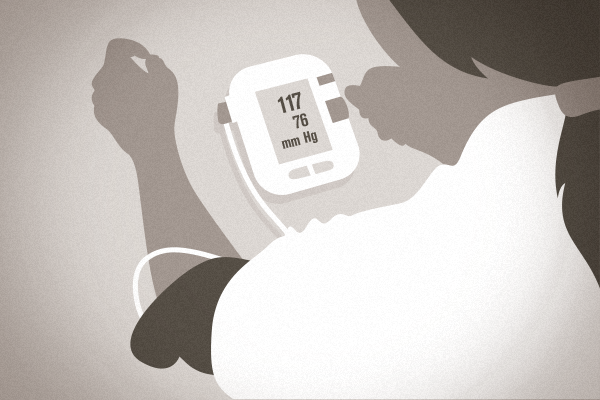
Will Technology Become The New House Call?
Boston’s Partners HealthCare last month launched a system that integrates at-home data with an in-house EMR. It’s not too different from what we’re doing with Atlas.md, which will sync with apps like FitBit, and relay measurements and readings directly to a direct care physician. Partner’s new system, though, allows patients to use multiple devices at home — glucometers, blood pressure cuffs, bathroom scales, and pulse oximeters (which measure blood oxygen levels) — to take regular measurements. They can upload the results from the medical devices and send them to their doctors, often wirelessly.
Inaugural Direct Primary Care (DPC) Conference To Be Held In St. Louis: October 11-12, 2013
The Direct Primary Care Journal (DPCJ) released a statement confirming the first Direct Primary Care Conference hosted by the Family Medicine Education Consortium (FMEC). On October 11th – 12th, 2013, the FMEC is hosting an inaugural gathering of physicians, investors, policymakers and anyone else involved in this game-changing healthcare model. The inaugural event will take place in St. Louis, MO at the St. Louis Airport Marriott and Meeting Center. Physicians, purchasers, payers, researchers, investors, suppliers, policymakers, the media and interested parties are invited to attend.
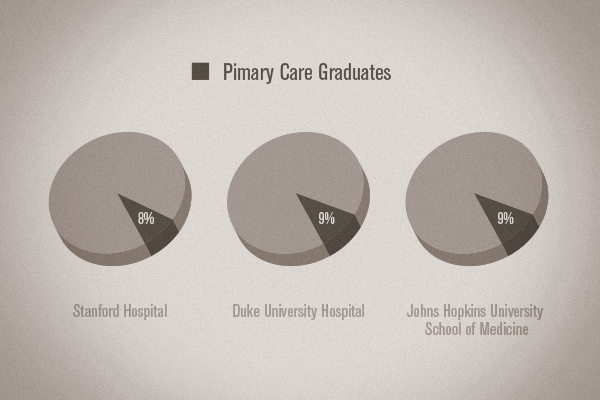
Our Best Med Schools Are Producing The Fewest Primary Care Physicians
The list is out. Medical Economics compiled the 20 schools producing the fewest primary care physicians. Yes, this is a worst-of list. And yes, we’re still optimists. But we’re also realistic. These “poor-producing” schools are actually some of the best in the nation. Johns Hopkins University School of Medicine, Duke University, Yale-New Haven Hospital stand out on an uber-prestigious list. It looks like our finest institutions are preparing our brightest young minds to do anything but good old-fashioned family medicine. And that is a bit disappointing.
Check out the complete list of schools on Medical Economics website.
Atlas Blog Q&A: ICD codes, HL7 Feeds, and New Patient Forms
I wanted to share our follow-up with a doctor who recently wrote into us asking about direct care. Here’s her query:
Dr Josh,
Thanks again for speaking to me a couple of weeks ago about DPC. It was very helpful. I will be using your EMR program in my practice. Was wondering if the ICD codes are generated /accessible by/from your EMR?? Also, I was advised by the local lab I will be using to ask you if your EMR has a “HL7 feed” for importing lab results. One last thing, could we see what forms you are using in your new patient information packet? I have created my own from basic forms I have used in the past but was interested in seeing what you use. Thanks again for all your help and being a champion for the DPC movement. Wish you much continued success!
[name omitted]
These are fantastic questions. I’ll address them one at a time.
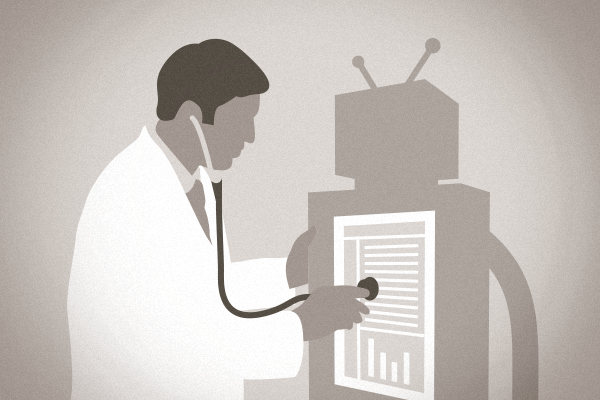
If People Were EMRs, We’d Be Doing A Whole Lot Better
The Journal of General Internal Medicine has confirmed what we’ve been saying all along: Doctors spend more time with computers than they do with patients. Their new study lays out the cold hard fact that face time is down, and hours spent working on computers handily beat out patients. Here are the highlights from the research. Try not to twist your neck while you’re shaking your head.
Congressman Mike Rogers Shreds Federal Healthcare Reform
In case you missed it, you can watch Mike Rogers impassioned response to the soon-to-be enacted ACA. He makes a powerful stand for American innovation in the private sector. Although he doesn’t explicitly mention direct care, we’re glad to draft behind this convincing powerhouse.
Rogers is the U.S. Representative for Michigan’s 8th congressional district, serving since 2001.
